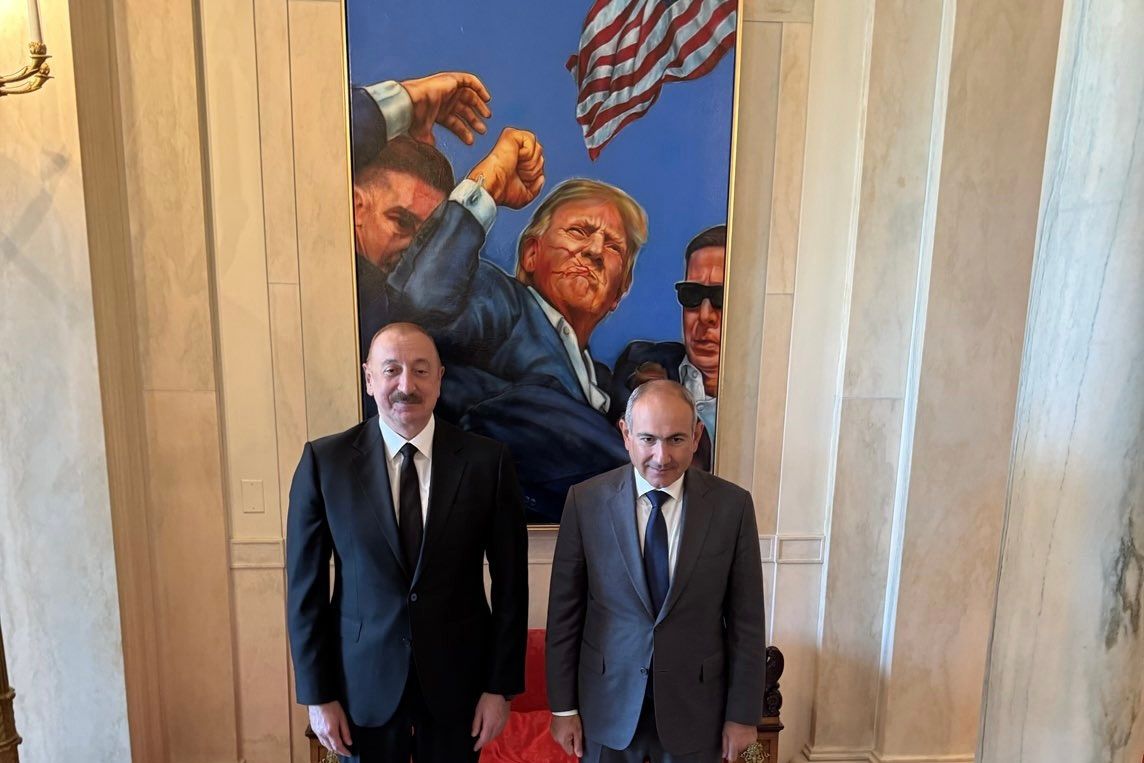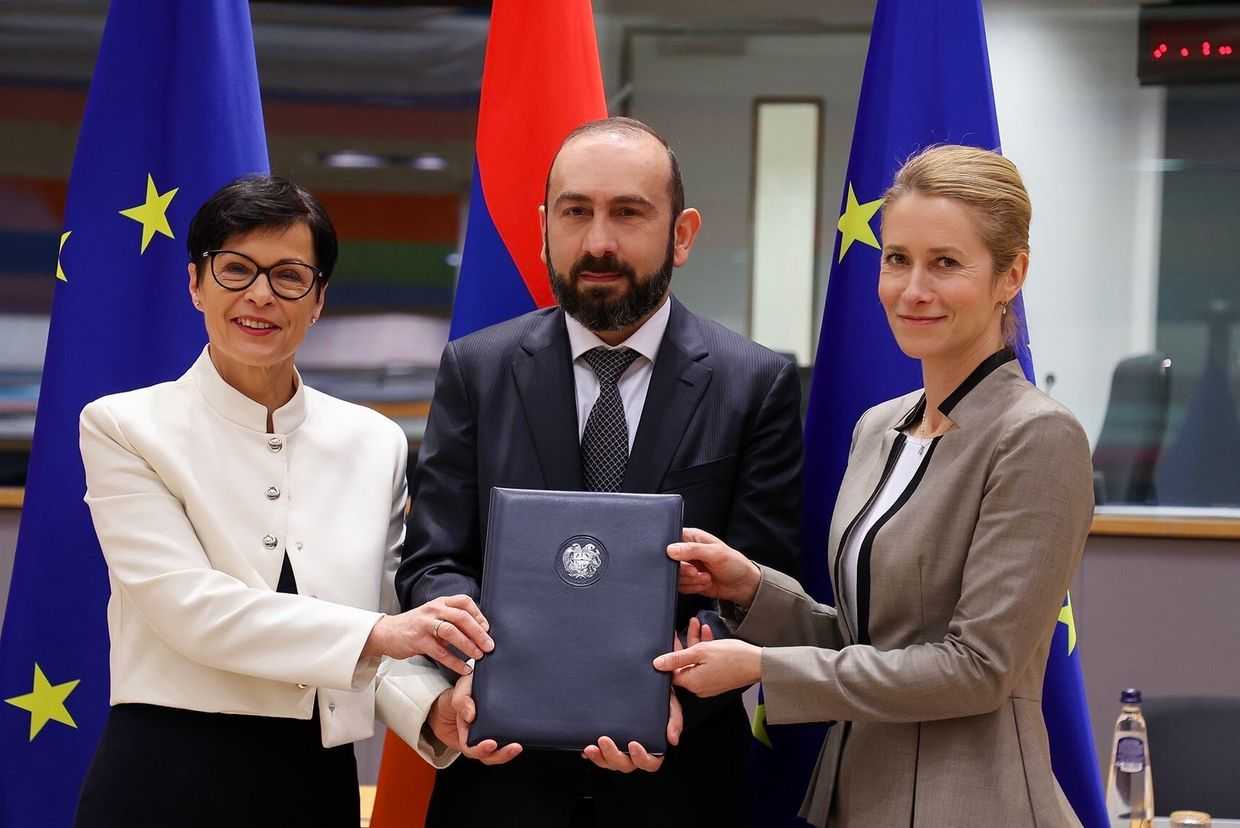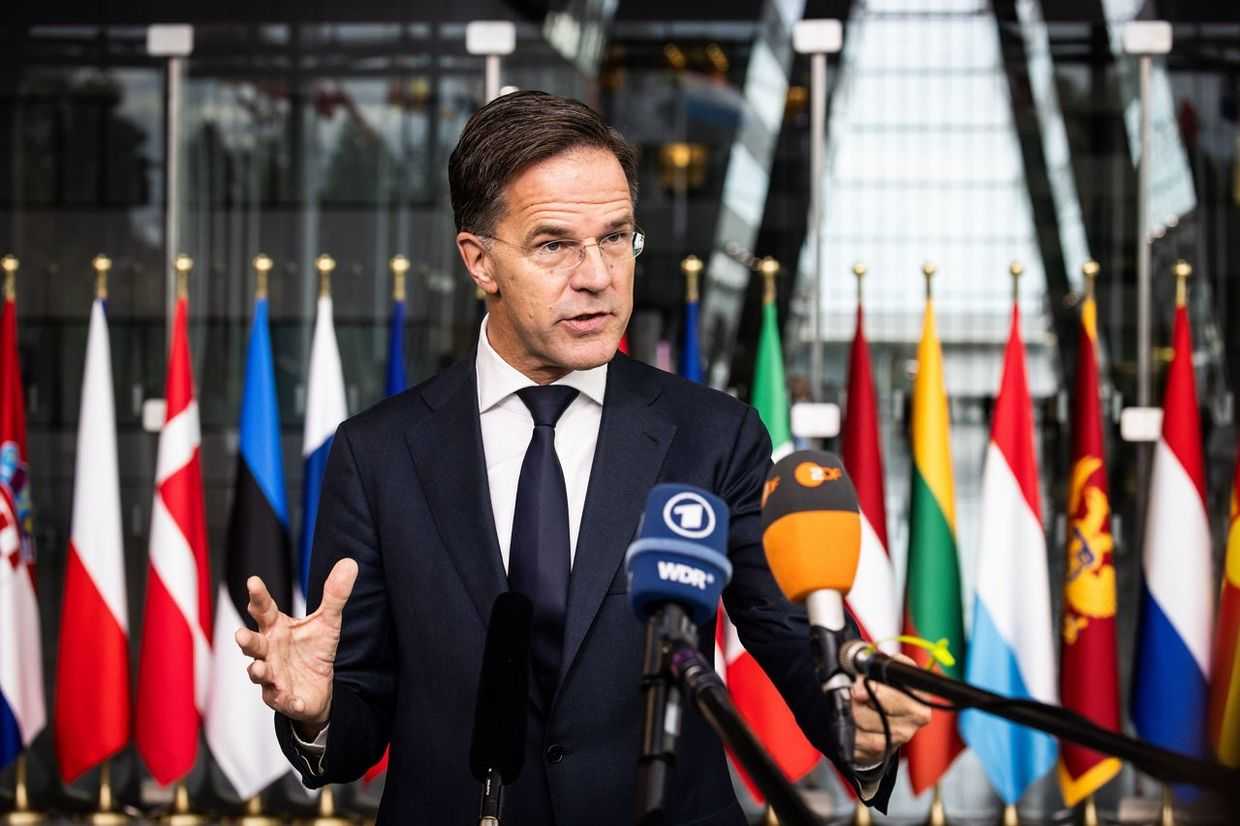Flurry of diplomatic calls follow Armenia–Azerbaijan meeting in Washington

Armenian Prime Minister Nikol Pashinyan and Azerbaijani President Ilham Aliyev and their foreign ministers have held a number of phone calls with their international counterparts following the agreements made on 8 August in Washington.
The unprecedented meeting in Washington, which brought together Pashinyan, Aliyev, and US President Donald Trump, resulted in a joint seven-point declaration between the three leaders outlining what had been agreed upon. It also disclosed the US involvement in the unblocking of a route through Armenia connecting Azerbaijan to its exclave of Nakhchivan, named the Trump Route for International Peace and Prosperity (TRIPP).
While in Washington, the sides also initialed the peace treaty they agreed on in March. The document was published on Monday.
Following these developments, the two leaders and their foreign ministers — Azerbaijan’s Jeyhun Bayramov and Armenia’s Ararat Mirozyan — received dozens of calls from world leaders and counterparts to discuss the recent developments.
Armenia updates Putin and Pezeshkian
Since Friday, Pashinyan has made roughly ten calls, updating world leaders with the results of the Washington deal, as well as highlighting the new opportunities in the region as a result of the agreement.
The first call was with Armenia’s immediate neighbour Iran, who has repeatedly spoken against the so-called ‘Zangezur Corridor’, and has also expressed concerns over the possible US presence on the ground near its border.
In his call with Iranian President Masoud Pezeshkian, Pashinyan expressed gratitude ‘for his objective assessment of the Washington agreements’.
Pashinyan underscored that ‘regional communication channels will operate within the framework of the principles of territorial integrity, sovereignty, and jurisdiction of countries and on the basis of reciprocity’.
Following the Washington deal, Pashinyan told local media that the TRIPP project would allow the country to gain ‘a railway connection with Russia, which we have not had for 30 years’.
Pashinyan’s third call was with Russian President Vladimir Putin. Aside from presenting the details of the negotiations, Pashinyan also updated Putin on the Armenian–Azerbaijani joint application to the OSCE on the dissolution of the OSCE Minsk Group mechanisms, one of the co-chairs of which was Russia.
The disbandment of the group, which was the main body for mediating the negotiations over the Nagorno-Karabakh conflict, was one of the Azerbaijani preconditions for signing the peace deal.
‘The Prime Minister expressed conviction that the establishment of peace between Armenia and Azerbaijan opens up new opportunities not only for Armenia and Azerbaijan, but also for all countries in the region’, the Armenian readout read.
In turn, the Kremlin noted that Putin ‘confirmed’ Russia’s readiness to assist in the normalisation process, including the unblocking of transport routes in the region, in line with trilateral agreements from 2020–2022.
Following which Pashinyan talked to French President Emmanuel Macron, another co-chair of the Minsk Group.
During the talk, Pashinyan ‘emphasised that the established peace opens up new investment opportunities in Armenia and the region’.
Pashinyan also talked to Turkish President Recep Tayyip Erdoğan, noting that the establishment of peace between Armenia and Azerbaijan ‘creates an opportunity to establish a new quality of regional cooperation’.
Pashinyan also noted that ‘the atmosphere for the implementation of [the previously reached Armenia–Turkey] agreements is more favorable than ever’.
One of the agreements was the opening of the Armenia–Turkey land border to diplomatic passport holders and foreign nationals, which Turkey failed to implement, conditioning the progress with Armenia–Azerbaijan peace process.
Most recently, on Tuesday, Pashinyan spoke to European Council President Antonio Costa.
In a similar manner, Mirzoyan held several calls, the first of which was made the day after the Washington deal with his Indian counterpart Subrahmanyam Jaishankar. During the call, Jaishankar congratulated Mirzoyan on the deal and expressed support for the normalisation of relations between Armenia and Azerbaijan.
On Monday, Mirzoyan had several other calls, starting with his Iranian counterpart Seyed Abbas Araghchi.
Mirzoyan also ‘expressed gratitude to Araghchi for the principled stance expressed on the Washington agreements’.
Armenian Deputy Foreign Minister Vahan Kostanyan will visit Iran on Tuesday.
Mirzoyan also talked to his Russian counterpart Sergei Lavrov, and thanked Russia for its support ‘on this important milestone’, as well as speaking to EU top diplomat Kaja Kallas and French Foreign Minister Jean-Noël Barrot.
Aliyev’s phonebook diplomacy
The first call from Aliyev was made to Erdoğan on Saturday. According to the presidential website, the discussion highlighted ‘the significance of documents signed during President Ilham Aliyev’s visit to the US, which were noted as crucial for ensuring lasting peace and stability in the region’.
‘Aliyev emphasised the special role of Trump in achieving these outcomes and expressed confidence that the establishment of unimpeded transport links between Azerbaijan’s mainland and its Nakhchivan region would contribute to the prosperity of the entire region’, the official readout stated.
During the phone call, the two sides mentioned the supply of Azerbaijan’s natural gas exports to Syria via Turkey, the first shipment of which occurred on 2 August.
The second call Aliyev made was to Uzbek President Shavkat Mirziyoyev; the two mainly discussed the ‘‘importance of mutual investments’, ‘including Uzbekistan’s projects in Nagorno-Karabakh and the Production Sharing Agreement signed between SOCAR, the Uzbekneftegaz consortium, and Uzbekistan’.
Among those congratulating the signing ceremony were the presidents of Kazakhstan, Ukraine, the United Arab Emirates, Albania, and the Prime Minister of Pakistan.
On Monday, Foreign Minister Jeyhun Bayramov also held a phone conversation with the EU’s top diplomat, Kaja Kallas. According to a statement by Azerbaijan’s Foreign Ministry, Kallas congratulated Azerbaijan on signing the joint declaration with the US and Armenia and expressed ‘the EU’s continued readiness to support the advancement of the peace process’.
Before Kallas, Bayramov had a phone conversation on Saturday with his Uzbek counterpart, Bakhtiyar Saidov. The sides expressed ‘sincere congratulations on historic achievements in the process of normalising relations between Azerbaijan and Armenia’.
During the telephone conversation, ‘issues arising from the strategic alliance of Azerbaijan and Uzbekistan were discussed, including plans for the implementation of the agreements reached in the direction of multilateral cooperation’, the Azerbaijani Foreign Affairs Ministry stated.











